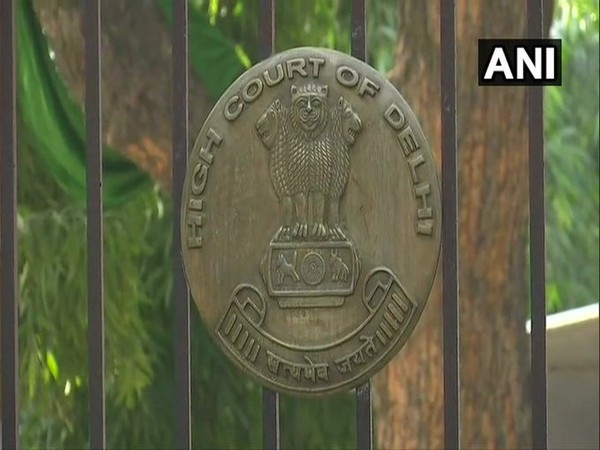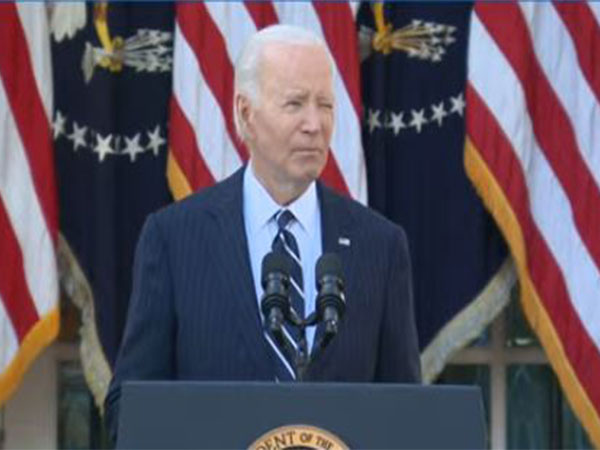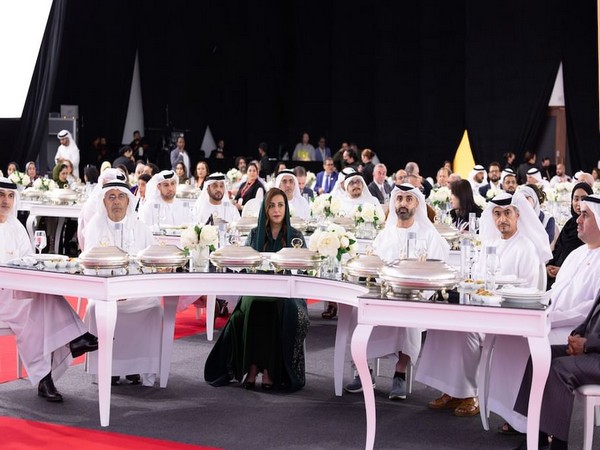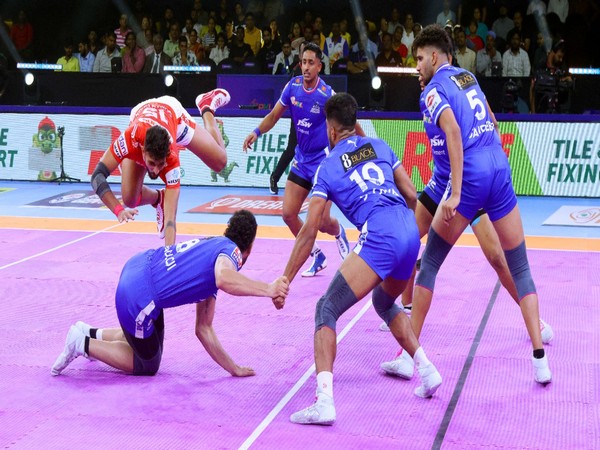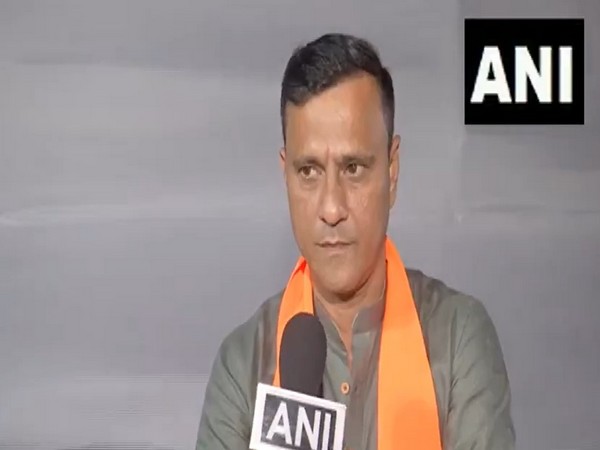New Delhi [India], October 7 (ANI): The Delhi High Court on Monday has questioned the maintainability of a plea seeking a court-monitored CBI investigation into alleged quid pro quo and corruption linked to donations made through electoral bonds by individuals and companies to various political parties at both the Centre and state levels.
The court questioned the maintainability of the petition, noting that the petitioner had previously approached the Supreme Court, which disposed of the matter in August, stating that individual grievances should be pursued through available legal remedies.
The bench led by Chief Justice Manmohan also comprising Justice Tushar Rao Gedela has deferred the matter for October 29, 2024 instructing the petitioner to submit written submissions addressing the legal point and maintainability of the plea before the next hearing.
The plea, moved by Sudip Narayan Tamankar claiming a RTI Activist through Advocate Pranav Sachdeva, stated that the electoral bond scheme has created an opaque framework for electoral funding, facilitating quid pro quo arrangements between corporate entities and political parties.
The plea cites the Supreme Court’s order which stated that individual grievances regarding the presence or absence of quid pro quo should be addressed through existing legal remedies. The Court indicated that if there is a refusal to investigate or a closure report has been filed, individuals can seek appropriate recourse under the criminal procedure law or Article 226 of the Constitution plea stated.
The plea seeks an investigation into various quid pro quo transactions involving political parties, government officials, and corporate entities, underscoring the need for accountability and transparency in electoral funding. The petitioner stated that, despite three months having elapsed since the order, there has been no action or update from the Central Bureau of Investigation regarding the requested inquiry.
It also stated in the petition that the evidence suggests significant quid pro quo arrangements among political entities, corporations, government officials, and regulatory bodies. There are indications that substantial sums flow from corporate entities to political parties, often presented as “protection money” to evade government oversight or as “bribes” to secure contracts and competitive advantages through statutory amendments.
Additionally, ruling parties are alleged to have manipulated laws to favor corporate interests, undermining public welfare. These reciprocal agreements, masked as “donations,” raise serious conflicts of interest and violate the Prevention of Corruption Act, 1988, plea stated.
Data reveals that companies under scrutiny by agencies like the Enforcement Directorate (ED) and Income Tax (IT) Department have made significant contributions to ruling parties via electoral bonds. Notably, several loss-making companies have purchased electoral bonds worth Rs. 581 crores, with Rs. 434 crores going to the ruling party at the Centre. Despite this, no legal action has been taken by the Income Tax Department, CBI, or ED against these entities, plea read.
Furthermore, some companies with share capital as low as Rs. 1 to 5 lakhs have purchased bonds worth Rs. 5 crores. This corruption and lack of accountability undermine citizens’ rights to life and the rule of law, violating Articles 14 and 21 of the Constitution, it added. (ANI)
Disclaimer: This story is auto-generated from a syndicated feed of ANI; only the image & headline may have been reworked by News Services Division of World News Network Inc Ltd and Palghar News and Pune News and World News
HINDI, MARATHI, GUJARATI, TAMIL, TELUGU, BENGALI, KANNADA, ORIYA, PUNJABI, URDU, MALAYALAM
For more details and packages


